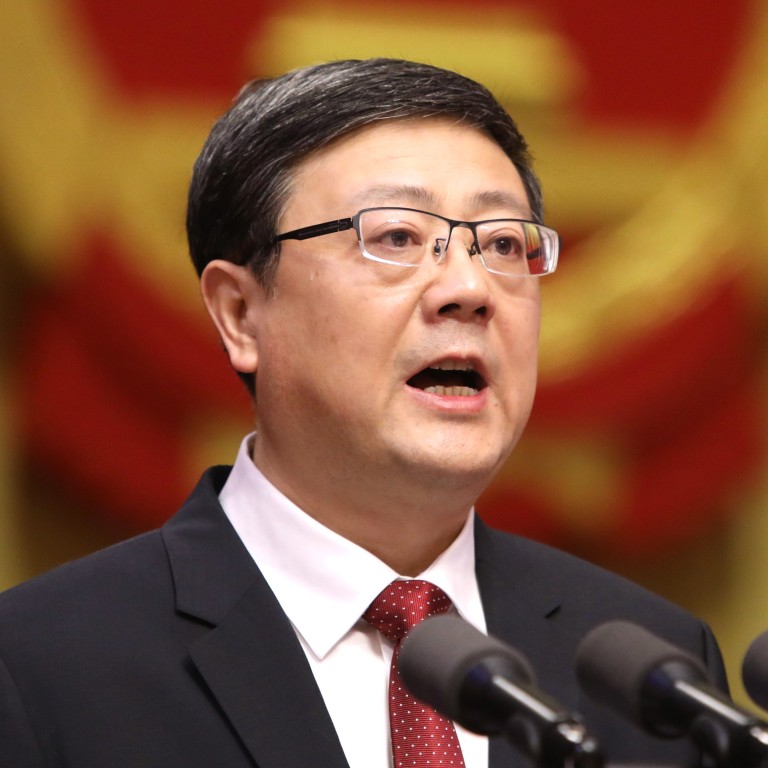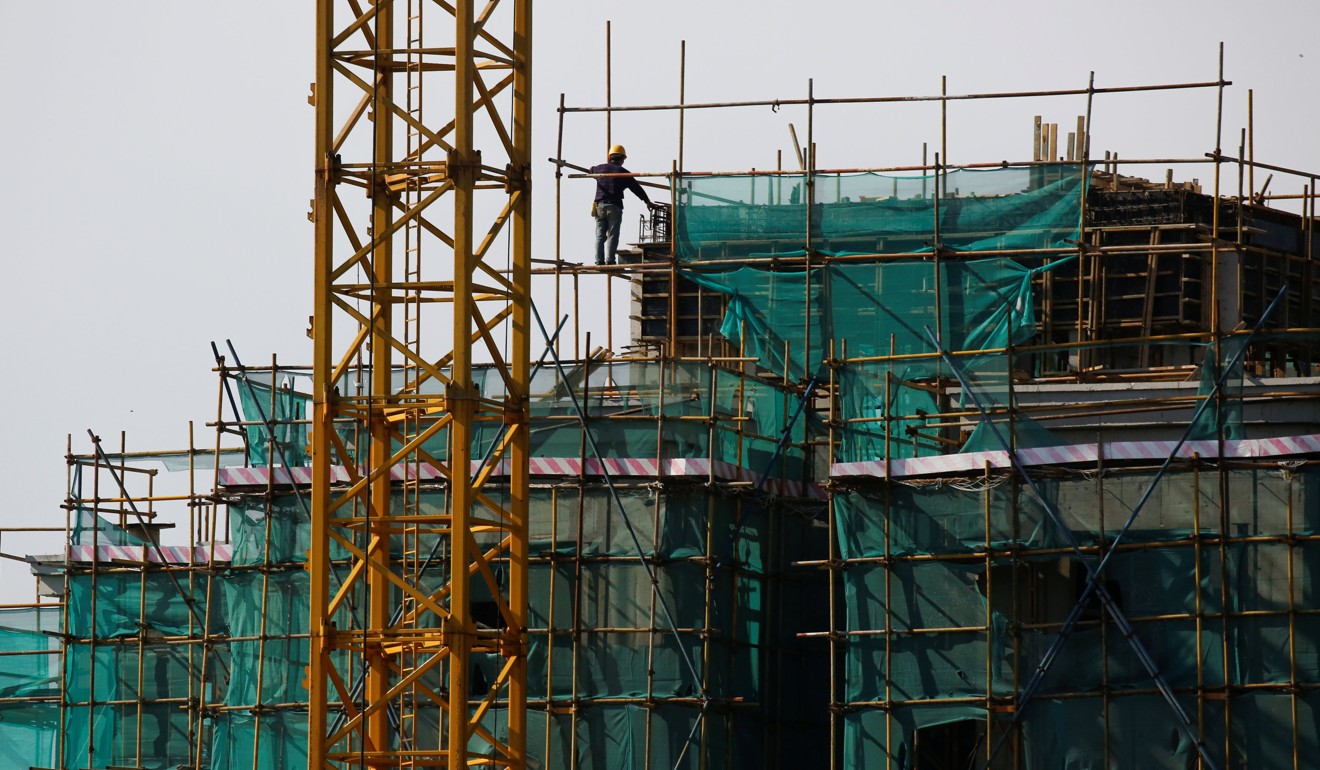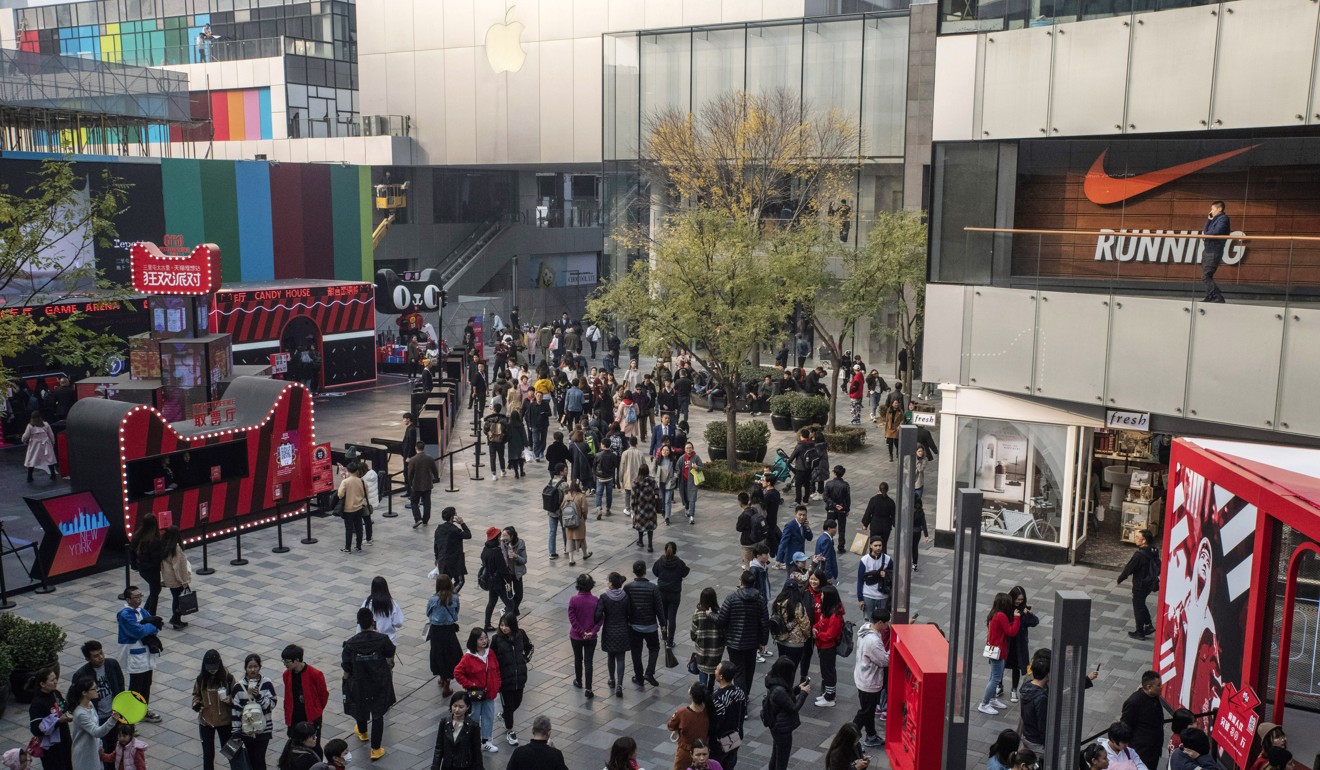
Beijing mayor calls for belt-tightening amid ‘external uncertainties’, revenue squeeze
- Under pressure from slowing economy, big-ticket commitments and dwindling income, city will cut spending by at least 5 per cent this year
Beijing city will slash its general expenditure by at least 5 per cent for 2019, its mayor said on Monday, citing tough fiscal challenges from “growing external economic uncertainties”, tax cuts and commitments like the Winter Olympics.
“[Officials] should be prepared to tighten their belts,” mayor Chen Jining said as he delivered his annual government report. “Despite stable economic growth, downward pressure leads to gaps between fiscal revenue and expenditure.”
China December trade data bad, but likely to get worse this year
Analysts said the fiscal challenges facing the capital city could also be a problem for other local governments struggling with a slowing economy amid the ongoing trade war with the United States.
Chen projected economic growth at 6 per cent to 6.5 per cent for the city this year, but said the government’s revenue was expected to grow by only 4 per cent – compared to a 6.5 per cent rise in 2018.

According to the budget, traditional revenue sources like the property sector had “fluctuated” as measures were taken to curb housing prices, China News Service reported.
Meanwhile, “growing external economic uncertainties” are expected to add to pressure on the city government’s finances.
“In terms of spending, Beijing needs to continue implementing the Beijing-Tianjin-Hebei integration plan, transferring away Beijing’s functions, preparing for the Winter Olympics, celebrating the 70th anniversary of the foundation of the People’s Republic of China … demands on all aspects of spending are high,” the budget said.
Lingering US-China tensions, economic slowdown could set stage for rough first half for investors, analysts say
Aside from its dwindling revenues and big-ticket spending commitments, the city government also needs to implement the central government’s tax cut policy, which would mean losing another 30 billion yuan (US$4.4 billion) in 2019 – or more than 5 per cent of last year’s government revenues, according to the budget.
Meanwhile, the city’s spending increased by more than 8 per cent last year.
Zhang Bin, an economist with the Chinese Academy of Social Sciences, said the Beijing municipal government had little choice but to cut its budget.
“The tax cuts were meant to boost the market and encourage consumption at a time of downward economic pressure, so of course the problem now is what to do about having less revenues,” Zhang said.

China’s gross domestic product grew 6.5 per cent year-on-year in the third quarter of 2018, its slowest growth since 2009.
The country’s top leadership decided last month to rely on deeper tax cuts and other proactive fiscal policies to manage economic headwinds in 2019, at the annual Central Economic Work Conference chaired by President Xi Jinping in Beijing.
Xi and other senior leaders of the ruling Communist Party have also repeatedly vowed to protect the country’s private businesses and find new ways to help them in recent months.
Why China’s housing market bubble won’t burst any time soon
Beijing mayor Chen said more tax cuts were planned for later in the year.
The government also vowed to go after unpaid debts owed by the state sector to private firms.
“We will launch special operations to make certain government departments and state-owned enterprises repay arrears to private businesses,” Chen said.

